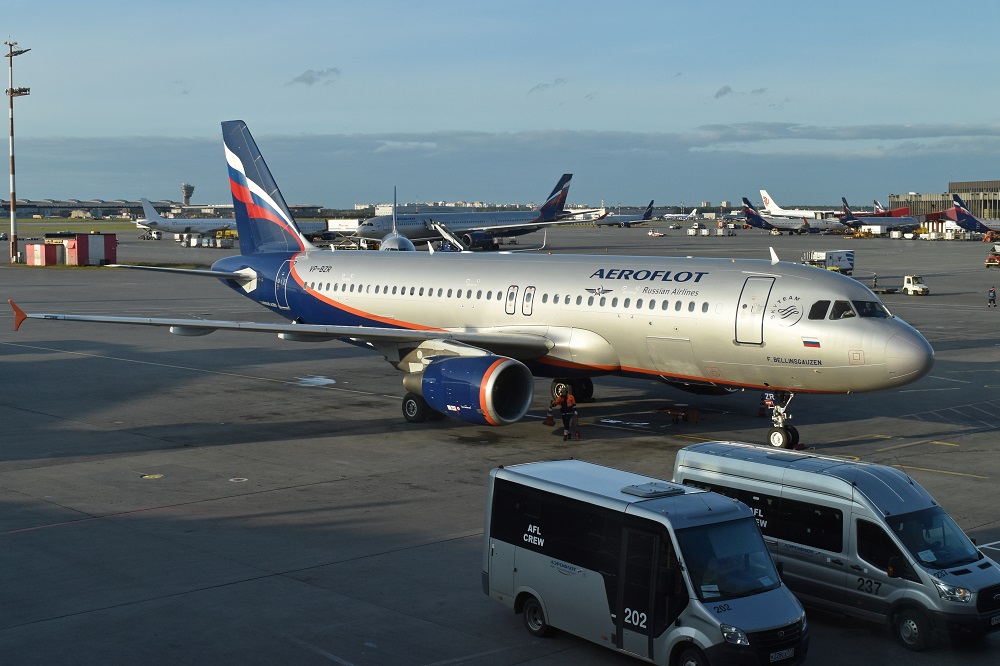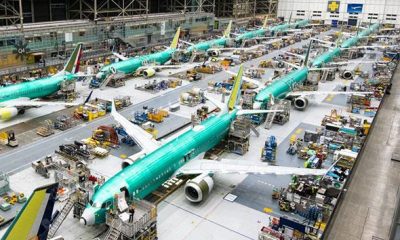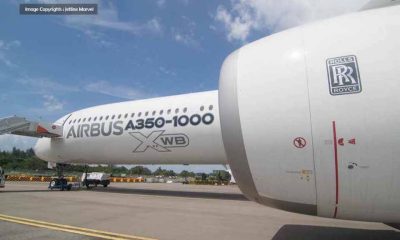Civil Aviation
Sanctions Bypassed? How Airbus & Boeing Parts Are Still Reaching Russia

In a surprising turn of events, reports indicate that Russia and the United States are exploring ways to restore the supply of sanctioned Western aircraft components, particularly Boeing parts.
This development suggests a potential shift in global aviation dynamics, as Boeing is expected to re-enter the Russian market, allowing domestic airlines to acquire essential parts and even aircraft. Initially, these components may come through indirect channels before direct deliveries resume.
A Backdoor to Boeing & Airbus Parts?
Despite sanctions barring direct aircraft part sales to Russia, a new investigation reveals that millions of dollars’ worth of Western aircraft components have found their way to Russian airlines—facilitated through Indian intermediaries.
According to an analysis by Investigate Europe, over the past 21 months, sanctioned Boeing and Airbus parts worth approximately $50 million have reportedly reached Russian carriers via Indian firms.
India’s Role in the Supply Chain
Indian companies have emerged as critical intermediaries in this trade, quietly purchasing Western aircraft components and redirecting them to Russia. Delhi-based Aerotrust is said to have facilitated $7 million worth of parts to Russian airlines, with 80% of these traced back to Western manufacturers.
Meanwhile, another Indian firm, Ascend Aviation, reportedly acquired various essential components, including valves, fasteners, fuel sealants, and batteries, before transferring them to Russian buyers. Aeroflot, Russia’s national carrier, is the top recipient of these transactions.
While Western governments, particularly the UK and EU, maintain strict prohibitions on selling aircraft parts to Russia, the United States appears to be re-evaluating its stance. Boeing, which voluntarily halted its titanium imports from Russia in 2022, is reportedly eager to restore access to Russian raw materials. In exchange, Boeing could regain entry into the Russian aviation market, potentially through leasing arrangements and indirect sales.
There are also reports of discussions surrounding a broader trade restoration, where both nations would resume exchanging essential materials. This could see the U.S. once again importing Russian rare metals—critical for various industries, including aerospace manufacturing.
Sanctions vs. Reality: The Western Struggle to Enforce Compliance
Despite stringent measures from the UK, EU, and U.S., numerous intermediary firms continue facilitating the movement of Western aircraft components into Russia. Governments have acknowledged difficulties in monitoring and enforcing sanctions, as these trade routes often involve multiple layers of transactions across different jurisdictions.
The UK government, for instance, issued new guidelines in January to counter Russian sanctions evasion. However, reports suggest that Western manufacturers like Boeing and Airbus may not always be aware that their parts are ultimately reaching Russian airlines.
What Lies Ahead?
As geopolitical tensions continue to evolve, the question remains: Will Boeing and Airbus officially re-enter the Russian market, or will indirect supply chains continue to operate in the shadows?
With the U.S. reportedly keen to resume titanium imports and discussions emerging around trade normalization, the aviation industry could see major shifts in the near future.
For now, Western allies struggle to contain the flow of sanctioned aircraft parts, while Russian airlines quietly continue acquiring the components necessary to keep their fleets operational.









